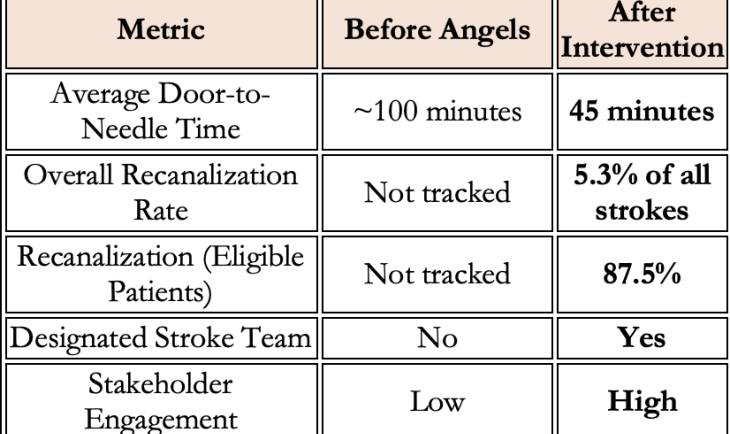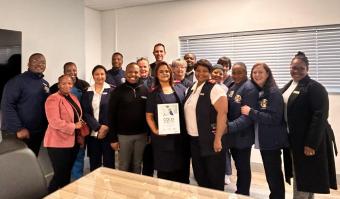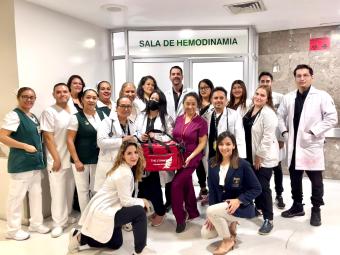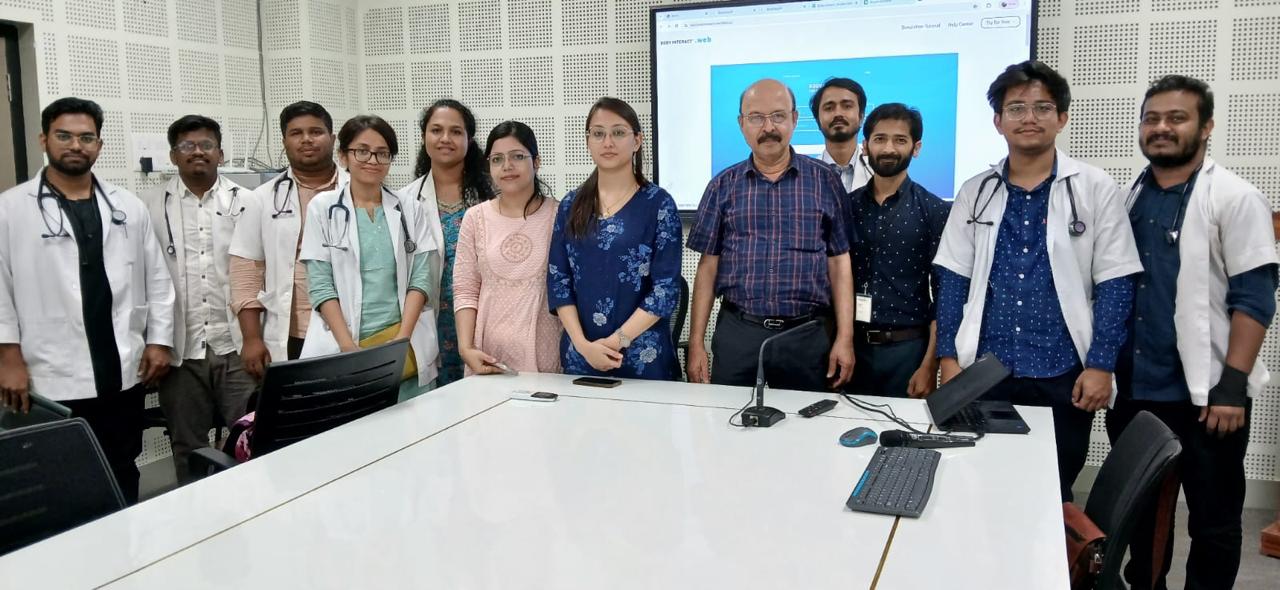
In the vibrant heart of Northeast India, Gauhati Medical College & Hospital (GMCH) has long stood as a beacon of hope, tending to the region’s immense patient load. For decades, however, stroke victims arriving at its gates faced limited prospects: an absence of specialized protocols, lack of organized stroke teams, and stretched resources meant that most strokes were managed with supportive therapy, leaving many with disabilities or worse.
Watching a young stroke survivor shuffle out of Gauhati Medical College & Hospital (GMCH) with a makeshift sling and no roadmap for recovery, Dr Marami Das felt a knot in her chest. As the head of Neurology, she had watched wave after wave of patients scrape by – confronting paralysis, enduring neglect, and slipping into permanent disability because there was no clear pathway to acute treatment or follow-up care. That memory haunted her: a young schoolteacher discharged on crutches, her hopeful eyes dimmed by confusion and fear, became Dr. Das’s silent vow. She knew GMCH could be more than a last resort; it could be the place where strokes were stopped in their tracks.
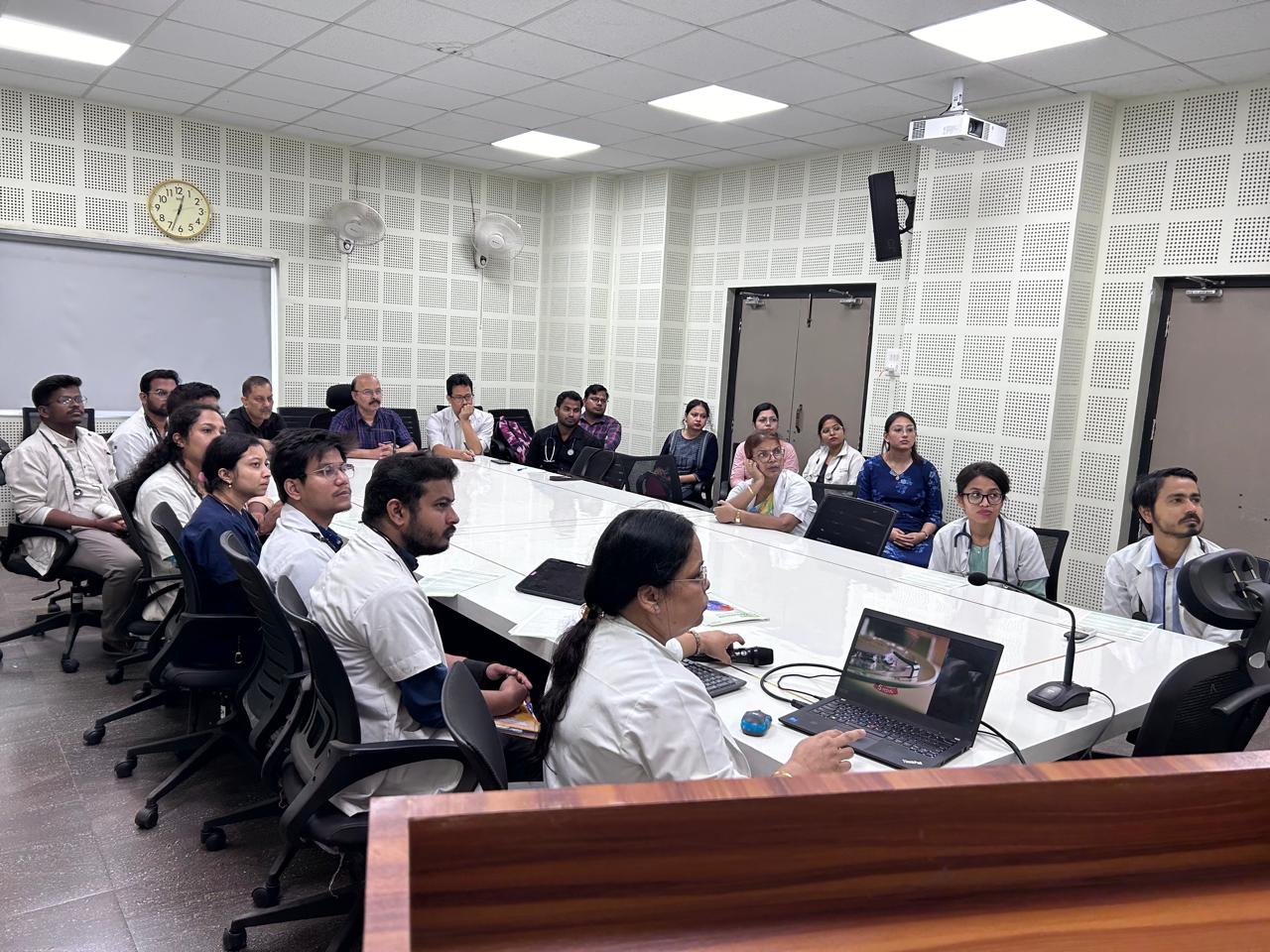
Shadows of Unstructured Stroke Care
For years, GMCH operated without a formal stroke protocol. Without a stroke team or dedicated imaging suite, treating patients with intravenous thrombolysis felt like a distant dream. Nurses improvised, emergency physicians triaged as best they could, and families prayed that time would somehow heal what modern medicine had yet to reach. The result? The majority of GMCH stroke patients received only supportive care, with high rates of post-stroke disability and poor long-term outcomes.
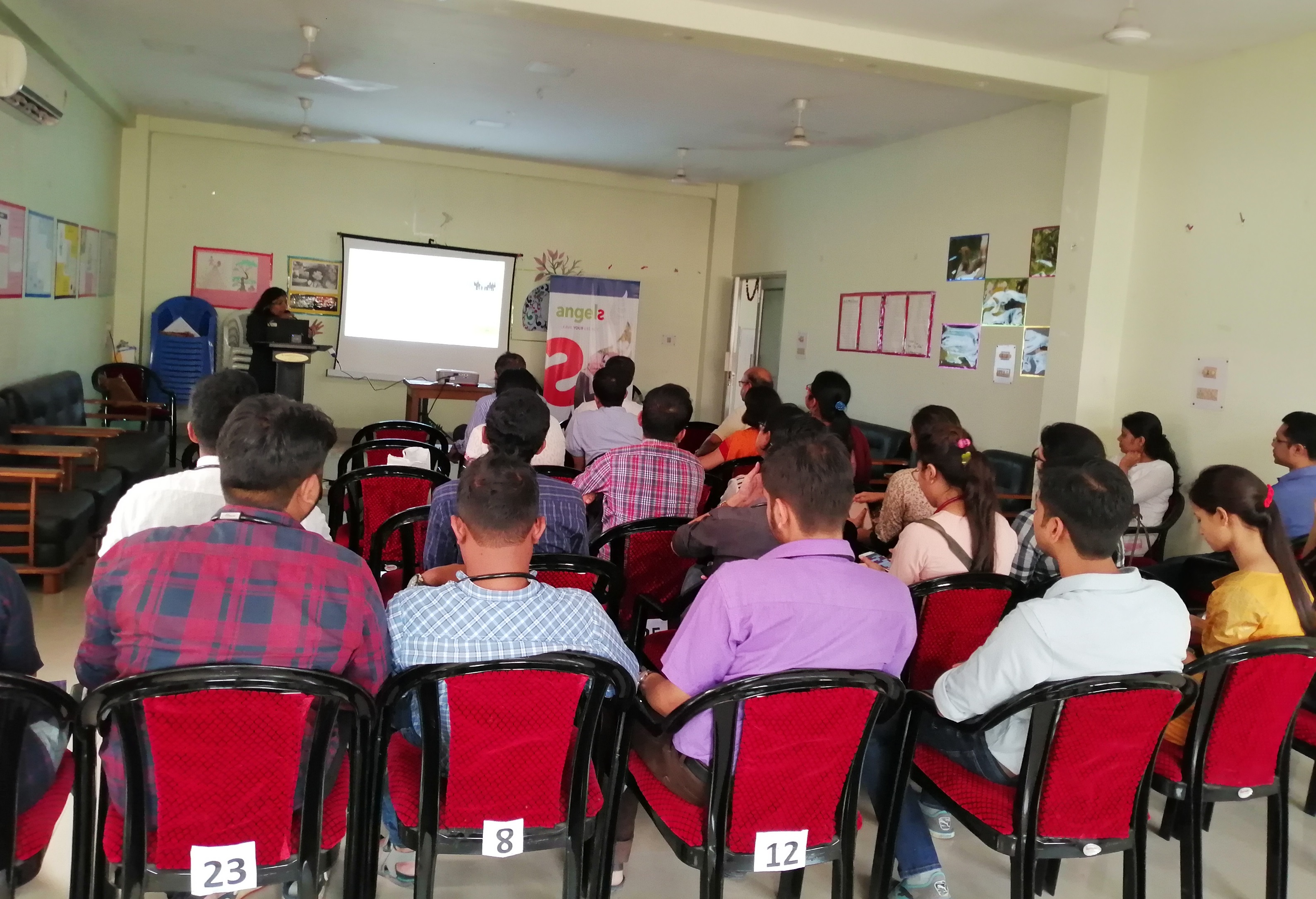
A Catalyst for Change
When Angels Initiative consultant Nilotpol Kumar arrived in 2019, he carried with him both a professional mission and personal resolve. His father’s life had been clipped short by a stroke in a neighboring district, where no treatment lay within reach. Armed with that loss, Nilotpol navigated bureaucratic channels and won endorsement from the Directorate of Medical Education in September 2021. He led simulation drills that echoed through every corridor and championed a standardized stroke pathway that turned chaos into choreography.
Together, Dr Das and Nilotpol galvanized the entire hospital. Radiology technicians learned to prioritize CT scans for suspected stroke patients. Emergency staff rehearsed a “stroke code” so that door-to-needle times dropped from well over two hours to under fifty minutes. State and national grants funded new CT imaging suits, a dedicated stroke unit with monitored beds, and an expanded ICU. Under their stewardship, GMCH went from zero thrombolysis cases to treating over 10 percent of eligible patients within the golden hour.
Nurses like Nisha Rana, Ankita Sarmah, and Sangita Kalita became frontline champions, guiding worried families through consent forms and calming trembling limbs as life-saving drugs coursed through veins. Head of Emergency Dr Dipak Sharma rebuilt triage bays to welcome stroke victims with urgency instead of uncertainty. And with each saved life, the hospital’s confidence grew. Within months, patients once doomed to lifelong disability left GMCH with recovered speech, regained movement, and renewed hope.
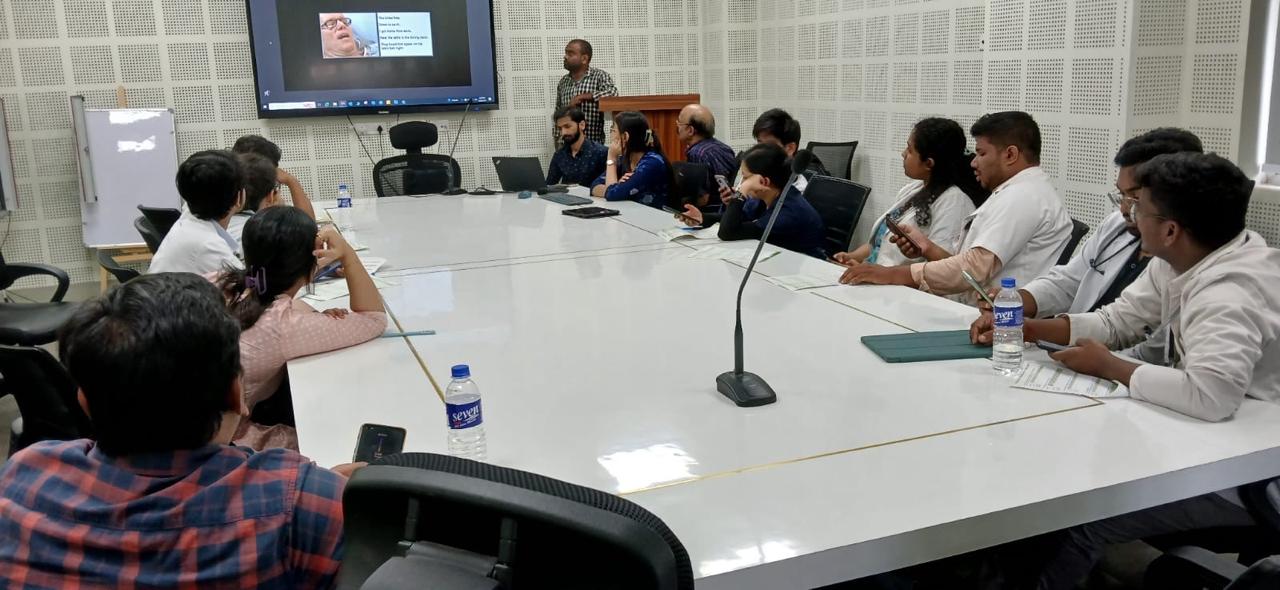
A Beacon of Stroke Excellence
GMCH is no longer just a hospital – it’s a symbol of what’s possible when commitment meets collaboration. The Angels Initiative didn’t just improve metrics; it ignited a movement. Today, GMCH stands tall as one of the leading stroke treatment providers in the region, inspiring other institutions to follow suit. Their story is not just one of medical transformation. It is a story of purpose, humility, and the relentless belief that every stroke patient deserves a fighting chance. GMCH’s journey is a call to action for hospitals—and policymakers—across India and beyond.
Dr Marami Das often returns to the ward where that young schoolteacher was discharged. Now, patients leave that same room standing strong, her promise fulfilled, her mission alive. And every time Nilotpol visits the hospital, he sees stories of lives rewritten – proof that from the deepest shadows, light can always emerge.
Training, Capacity Building & the Multiplier Effect
The hospital became a hub of learning and collaboration. Over a series of targeted training programs, facilitated by Nilotpol, GMCH staff were empowered with knowledge and skills. Each session was more than a training—it was a step toward building a culture of excellence.
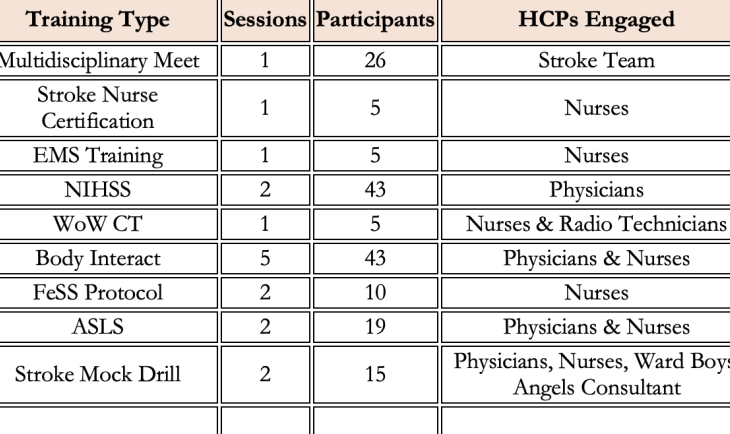
Impact That Speaks Volumes
A formalized stroke checklist eliminated variability. A dedicated stroke team brought coordination and readiness. Nurses and support staff became confident first responders. And most importantly, patients began receiving timely, life-saving care. The results were nothing short of extraordinary:
